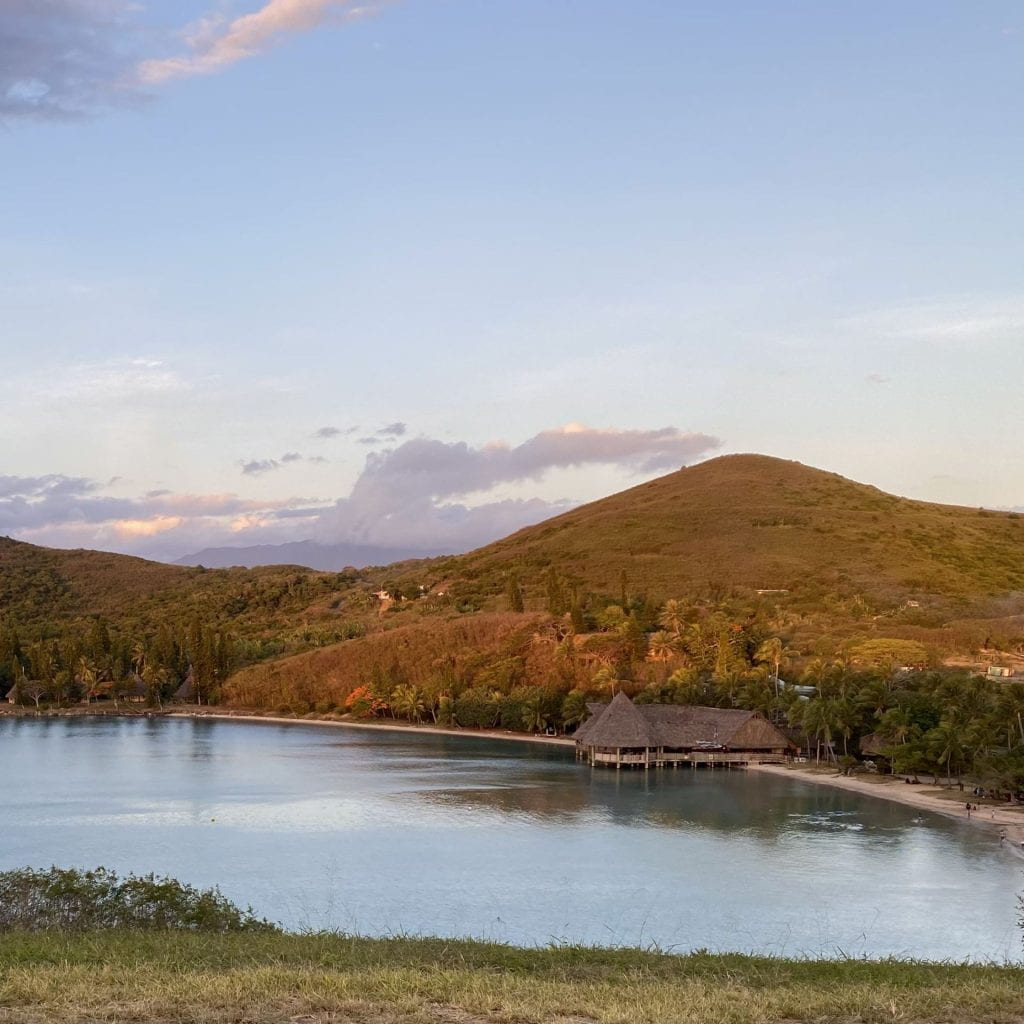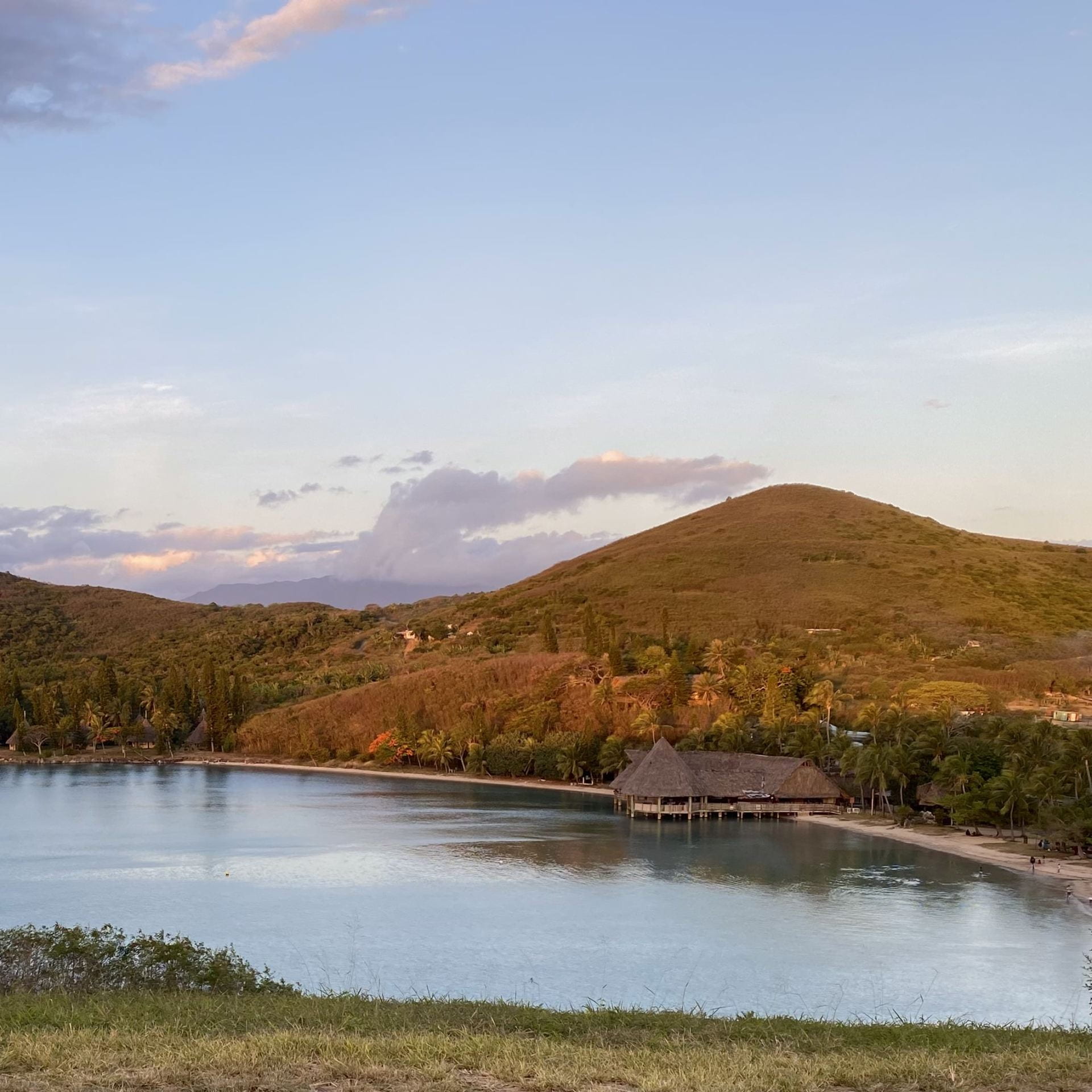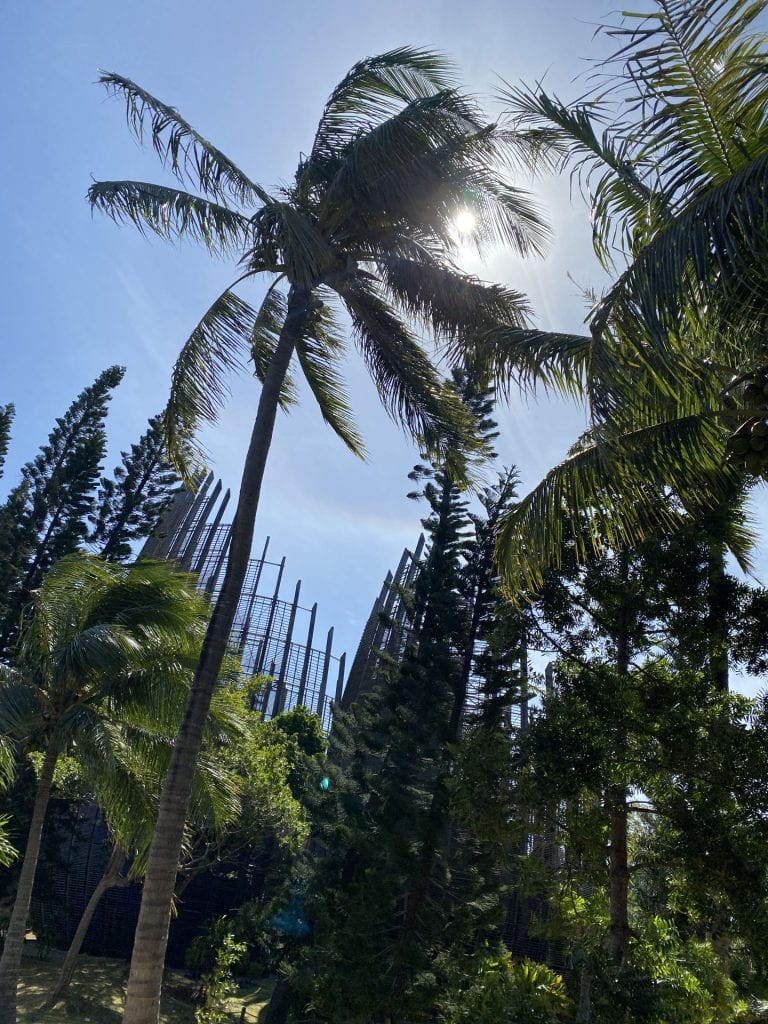
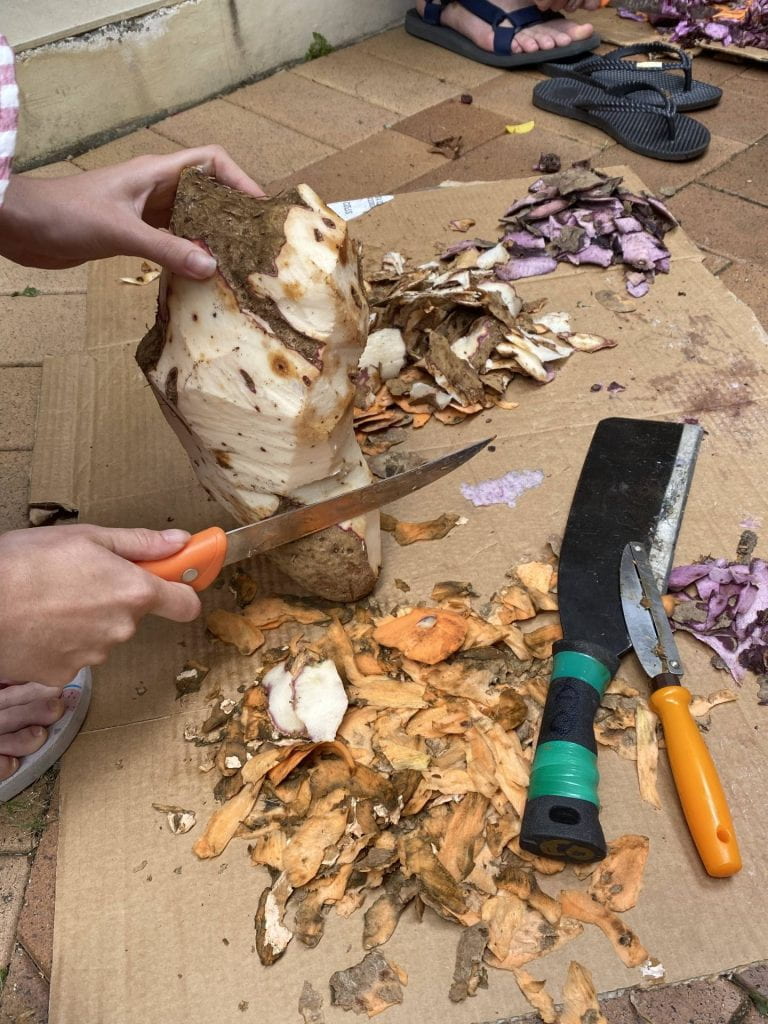
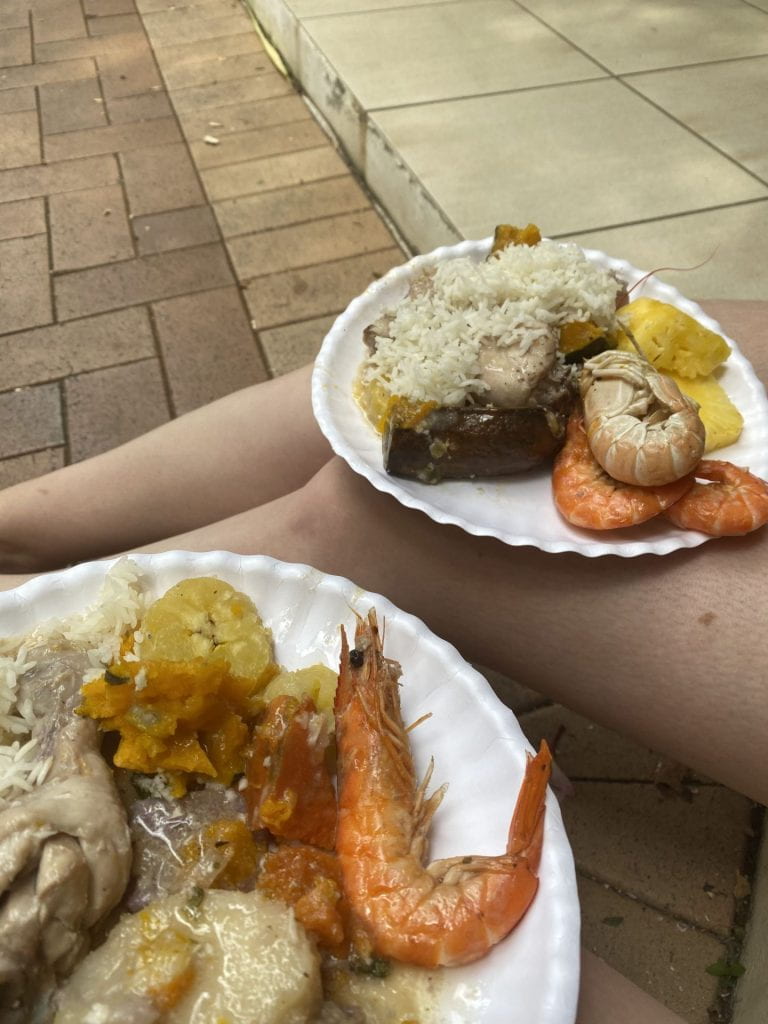
I found out about the University of New Caledonia Summer School by browsing the 360 International programmes list, and when I took French 204 last semester, Vivian told us even more about the exchange.
When I first arrived, the first thing that struck me was the heat : living in Auckland, I own exactly one pair of shorts, but I got by with shorts and skirts over the three weeks. The second thing I noticed was how friendly everyone is : most people on the street will greet you with a “bonjour”, something pretty unusual coming from Auckland. Upon our arrival at the campus, we were shown our accommodation, and while it wasn’t as flash and modern as the new UoA halls of residence, the rooms were spacious and almost everything you could need is provided. My only advice is to plan a minimal amount of cooking for your meals, as the kitchen is a little small and can get quite hectic around dinner time. The cost of food is another thing you definitely need to plan for – the cost is on par with or slightly higher than Auckland food prices, but you can sometimes snag a few deals on local produce at the Moselle markets.
The first couple of days were dedicated to getting us comfortable around the university and Nouméa, with tours of both as well as a trip for groceries. As for the courses, the teaching and staff is what stood out the most. Each day started with a couple hours of classes, working on reading, writing, listening, and speaking, and all of the teachers were so passionate and knowledgeable. They kept classes interesting and relevant, so it really didn’t feel like sitting through three hours of French. Most afternoons had an activity planned – some of these were lecture-style classes about specific aspects of New Caledonia, like the islands’ biodiversity or “coutume” (tikanga), while other days had outings planned, like the aquarium or mangroves.
As the Summer School takes place during summer (surprise), there aren’t a whole lot of students on campus – it’s mostly researchers, staff, or doctoral students. However, a few local students stayed in the university residence with all of us, so they helped keep things social.
The highlight of the programme for me was really being able to both improve my French and learn about a Pacific neighbour. Especially as a linguistics student, going to such a linguistically diverse region was really interesting, as there was so much to experience in terms of language and culture in such a short period. The only real lowlight was being shocked at the cost of things, but you get used to it pretty soon, and I still managed to stay well under my relatively low budget of NZ$1000 for the trip.
The advice I’d give to anyone looking at going on this trip is to keep an open mind. Many people think of New Caledonia just as France, but a part closer to New Zealand – however, that is only the case for a very small part of southern Nouméa. There is so much more to be discovered in New Caledonia – it is foremost an Oceanic nation, and it contributes so much to our vibrant Pacific community with its languages, cultures, and ways of thinking. On this trip, you’ll learn French, yes, but you’ll learn so much more about our home in the Pacific as well.
What were the highlights of your experience during your time in the French Summer School?
Of the academic experience, I most enjoyed the conferences (“cours magistraux”) on New Caledonian culture – linguistics, diversity, history, and law.
Were there any activities that were unique to your host country or university that you would recommend?
The activity that stood out the most to me was the weekend we spent at Ouaté, a tribe in La Foa, north of Nouméa.
What are your top 3 tips for future students attending this programme?
1. Keep an open mind towards everything.
2. Hang out with and talk to the local UNC students.
3. Speak as much French as you can!
How much did you budget? Was this enough? Were there any lessons learned that would help future students budget for their own short-term programme?
I set $1000 towards this exchange (from what I’ve heard, this was low), but I only spent $790, most of which (about $600) was on food. Take advantage of the university cafeterias – they have subsidised meals, and though it’s definitely canteen food (i.e. not always super good), it’s good for your budget and even better if you want to avoid cooking.
What were the most significant takeaways from your experience with this programme?
The importance of preserving languages and epistemologies. In NZ, there’s a huge push to preserve te reo and te ao Māori, but I forget that not everyone places such a huge importance on indigenous and marginalised knowledge. This trip reminded me of the importance of not only preserving, but developing this knowledge.
